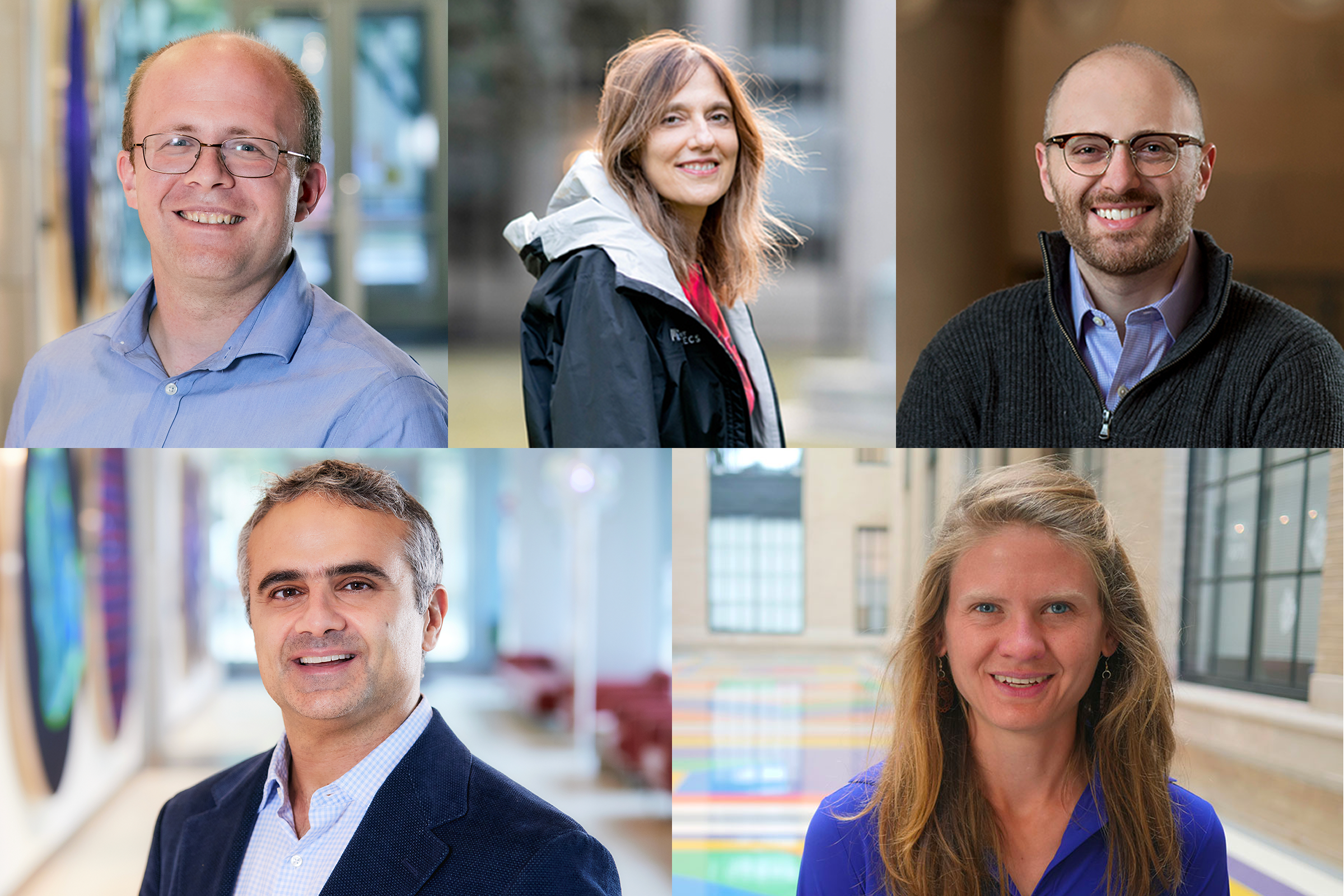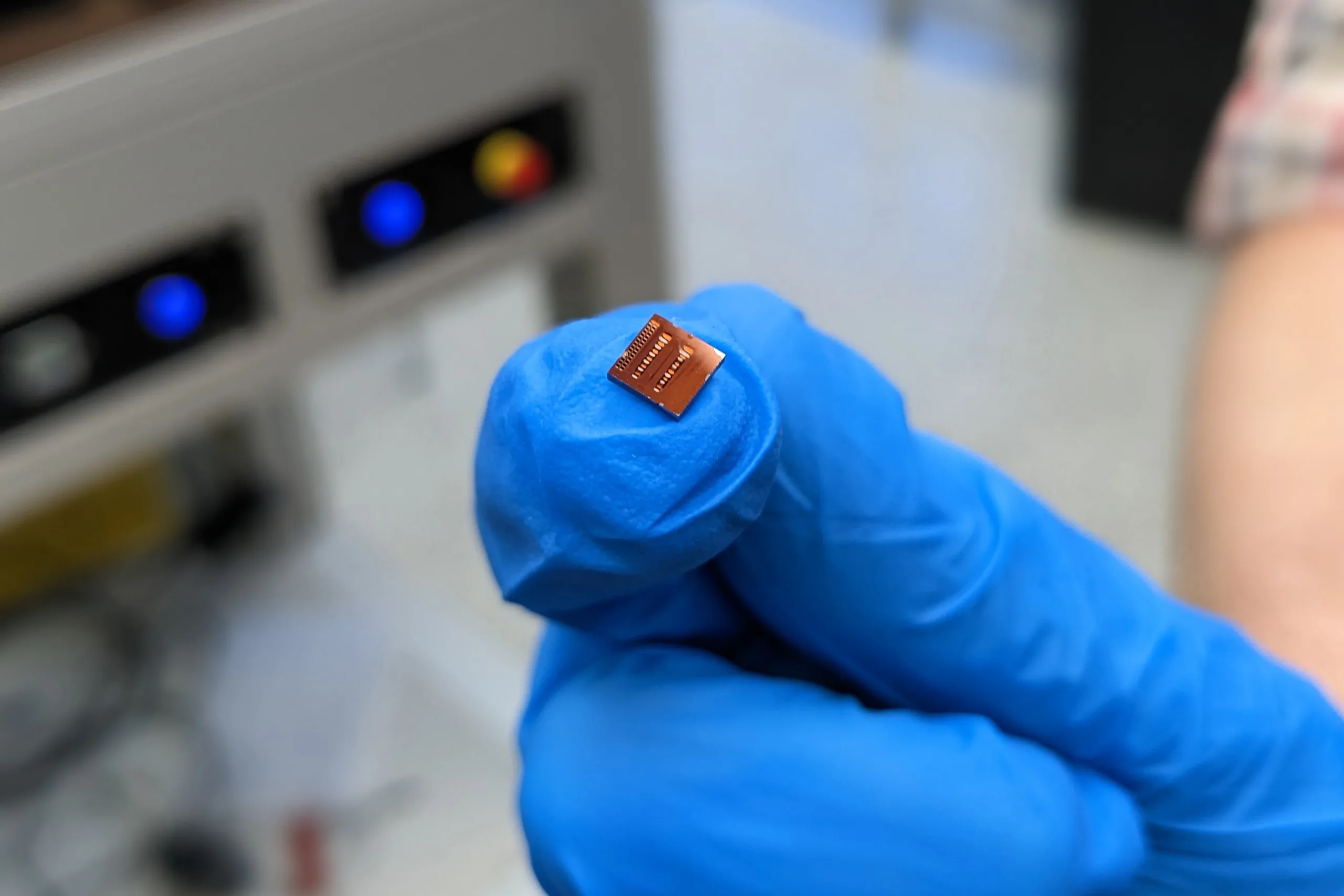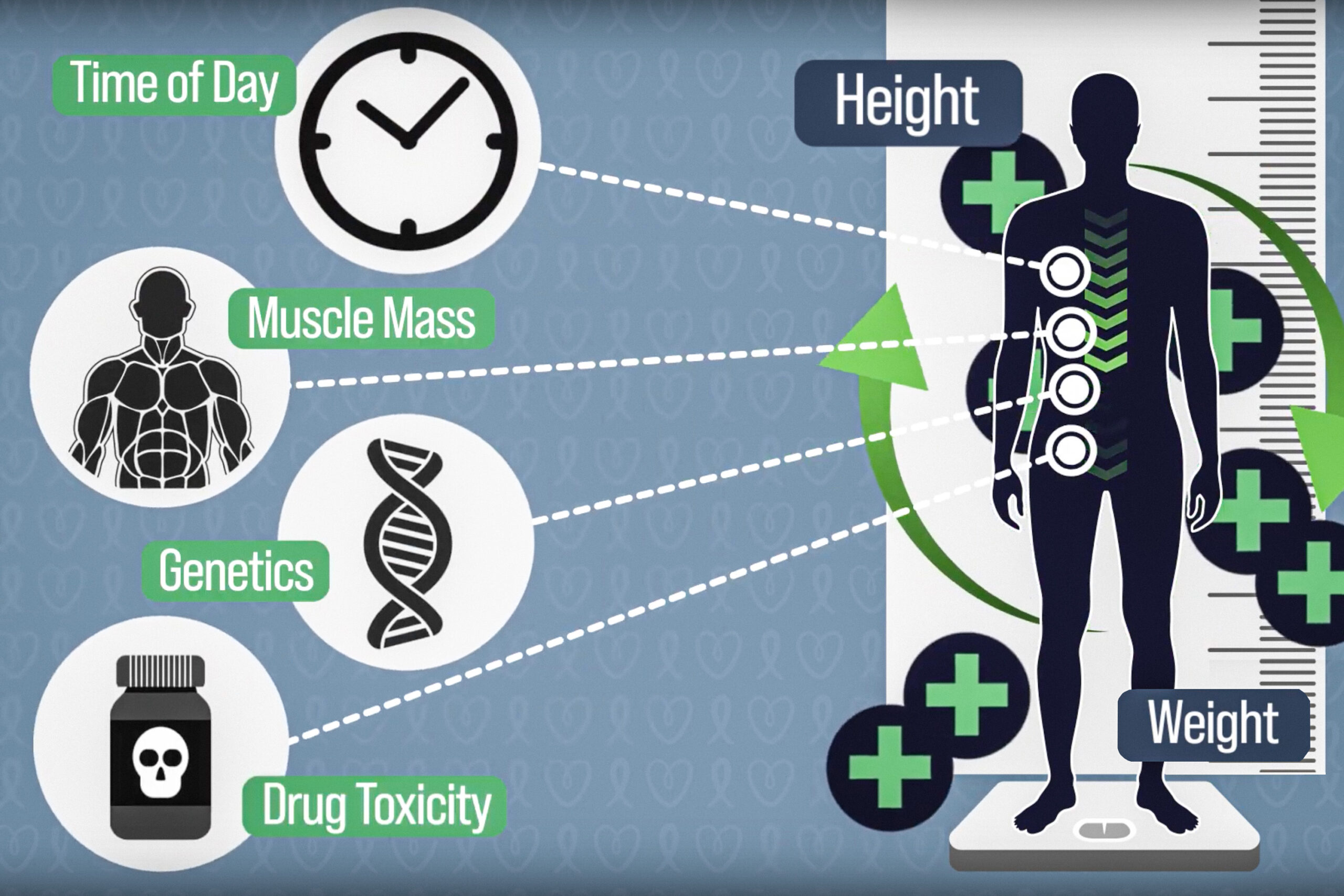Exciting breakthroughs are on the horizon as Cancer Grand Challenges has revealed the five winning teams for 2024, featuring five exceptional researchers from MIT: Michael Birnbaum, Regina Barzilay, Brandon DeKosky, Seychelle Vos, and Ömer Yilmaz. Each team consists of interdisciplinary cancer researchers from around the world and will receive a remarkable funding of $25 million over five years.
Leading Team MATCHMAKERS is Michael Birnbaum, an associate professor in the Department of Biological Engineering. He is accompanied by co-investigators Regina Barzilay, the Distinguished Professor for AI and Health at the Department of Electrical Engineering and Computer Science and AI faculty lead at the MIT Abdul Latif Jameel Clinic for Machine Learning in Health, and Brandon DeKosky, the Phillip and Susan Ragon Career Development Professor of Chemical Engineering. All three are also affiliates of the Koch Institute for Integrative Cancer Research at MIT.
Team MATCHMAKERS aims to harness the power of recent advances in artificial intelligence to create personalized immunotherapy tools for cancer patients. While cancer immunotherapies have revolutionized treatment for certain cancer types, they remain ineffective for others and do not work for every patient.
Among the targets for these immunotherapies are T cells, essential players in the immune response. These cells identify cancer cells through receptors that recognize specific protein fragments called antigens. Once a T cell attaches to a cancer antigen, it signals the immune system to eliminate it. However, the vast diversity of T cell receptors within an individual and among different people complicates predictions on how a particular patient might respond to treatment.
In this innovative project, Team MATCHMAKERS will collect extensive data on T cell receptors along with the various antigens they target. Using computer models, the team strives to predict antigen recognition by different T cell receptors. The ultimate goal is to simplify prediction processes through routine clinical lab tests and to design antigen-specific immunotherapies. As Birnbaum highlights, “If successful, our research could revolutionize T cell receptor recognition prediction, shifting it from specialized laboratories to a standard practice accessible to many.”
Ryan Schoenfeld, CEO of The Mark Foundation for Cancer Research, emphasizes the significance of the MATCHMAKERS project, stating, “This initiative exemplifies MIT’s tradition of pioneering artificial intelligence tools for societal benefits. Their work on optimizing immunotherapy is a perfect illustration of the interdisciplinary research that The Mark Foundation is dedicated to supporting.” In addition to The Mark Foundation, funding for the MATCHMAKERS team includes Cancer Research UK and the U.S. National Cancer Institute.
Seychelle Vos, the Robert A. Swanson (1969) Career Development Professor of Life Sciences and HHMI Freeman Hrabowski Scholar in the Department of Biology, will serve as a co-investigator for Team KOODAC. This team is focused on developing novel treatments for solid tumors in children by employing protein degradation strategies to tackle previously “undruggable” cancer drivers. KOODAC is backed by Cancer Research UK, France’s Institut National Du Cancer, and KiKa (Children Cancer Free Foundation) through Cancer Grand Challenges.
Ömer Yilmaz, another Koch Institute affiliate, will contribute significantly as a co-investigator on Team PROSPECT, which is dedicated to addressing the increasing incidence of early-onset colorectal cancers in individuals under 50. The team’s research aims to uncover pathways, risk factors, and the molecular players involved in this concerning trend. Team PROSPECT receives support from Cancer Research UK, the U.S. National Cancer Institute, the Bowelbabe Fund for Cancer Research UK, and France’s Institut National Du Cancer through Cancer Grand Challenges.
Photo credit & article inspired by: Massachusetts Institute of Technology



